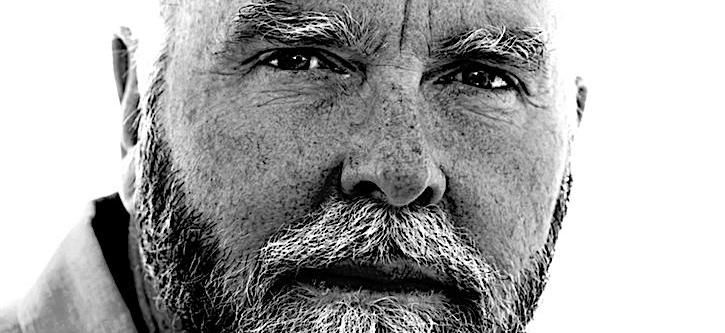J. Craig Venter Moving On from Human Longevity
One of the world's most-recognized genomic scientists is retiring from the ambitious company that he founded.

Image courtesy of PLOS, which publishes all content under a Creative Commons license. Image has been stylized.
The man behind one of the most audacious healthcare startups in recent memory is leaving it behind, according to the San Diego Union Tribune. J. Craig Venter, founder and CEO of Human Longevity, will retire his post and return to working at his namesake research institute.
Human Longevity seeks to earn its name with cutting-edge discoveries that can help diagnose diseases earlier and extend human lifespans. Venter, already an extremely well-respected scientist at the time, founded the company in 2013. It proceeded to rack up $300 million in venture capital from some major sources, including GE Ventures and pharma giant Celgene. The company has even made investments of its own, most recently contributing to Celularity’s massive coming-out party.
>>>READ: Following Shakeup, Human Longevity Hires a CTO and Announces New Consumer Plans
The firm has seen some shakeups at the top, however. Venter relinquished the CEO job to Cynthia Collins in early 2017. Collins didn’t last a year, however, and Venter took back the title in December—several other executives also departed the company at the time.
Recently, the company announced plans to further expand its commercial offerings. Its Health Nucleus platform has a tiered series of plans that allow consumers to undergo genomic sequencing and various batteries of other medical tests, like MRIs, depending on the price point—the plans run in the thousands per year. While the cost will forever prohibit the company from building a genomic database the size of, say, 23andMe’s, the ability to pair sequences with frequent, comprehensive snapshots of a patient’s health over time gives Human Longevity serious depth when trying to pair DNA insights with health conditions.
Alongside colleagues, Venter helped perform one of the earliest full human genome sequences while working at the National Institutes of Health. He also helped found Celera Genomics, now a subsidiary of Quest Diagnostics. The 71-year-old scientist will return another organization he founded, the J. Craig Venter Institute, to, in his tweeted words, “continue my work.” Neither the company nor its founder gave further details.
Related Coverage:
Celularity Opens Shop with $250M Bang